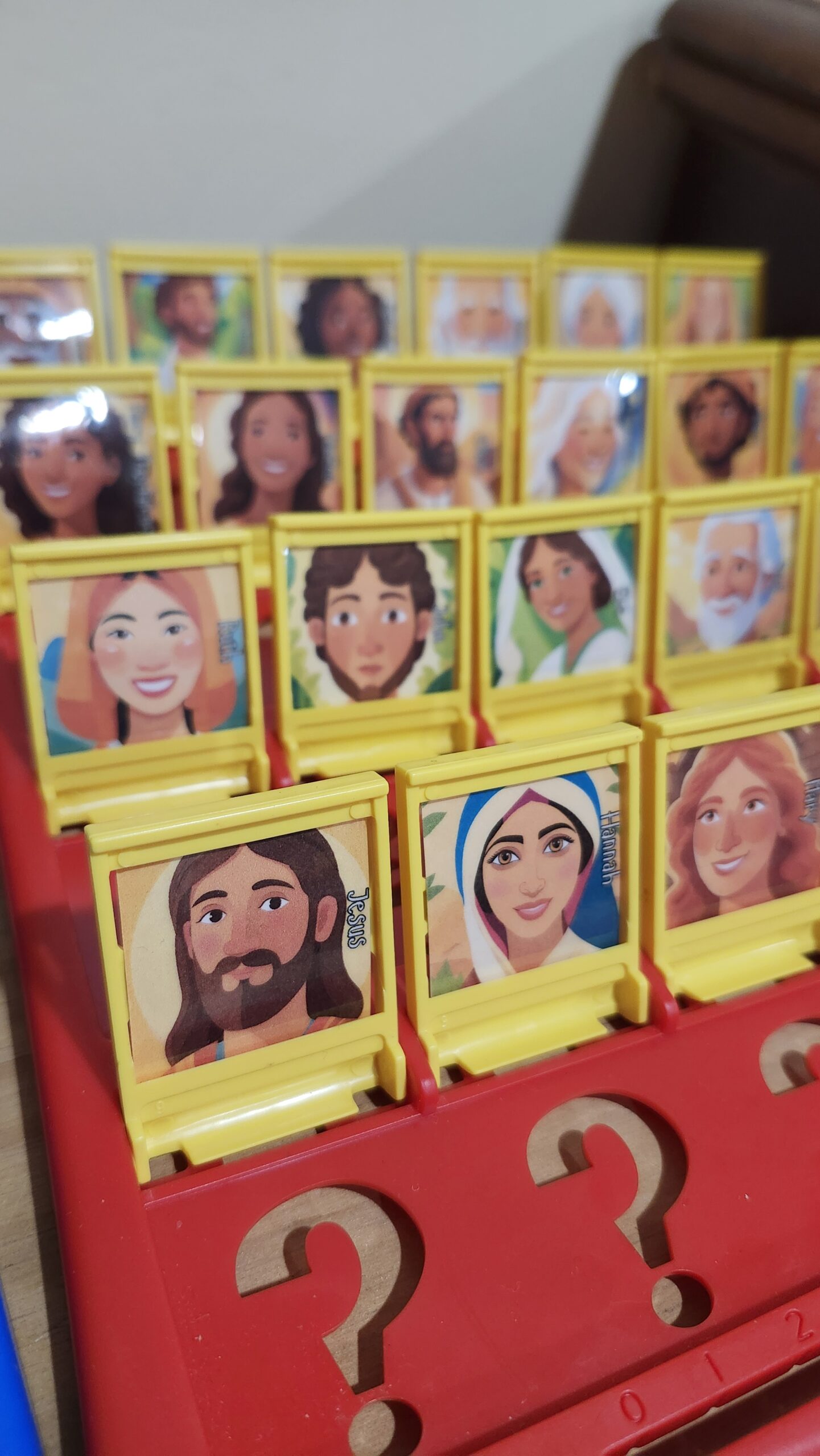Where Parents & Children learn to develop their talents
Helping.Families.Grow
Grow in Grace, not Weariness.
Categories
What does the Bible say about talents?
How can it be linked to preparedness for individuals, families?
How can “Ants Talents” help you and your family live a more abundantly life and prepare for the future?
Printables for Parents & Ministries
DIY Bible Verse Jar for Parents – Color Coded Bible Verses for Parents
Original price was: $6.00.$1.50Current price is: $1.50.
Digital download
DIY Bible Verse Emotions Jar Married Couples – Bible Verse Jar for Newlywed
Original price was: $6.00.$1.50Current price is: $1.50.
Digital download
DIY Bible Verse Jar for Men – Read Me When Bible Verse Jar
Original price was: $6.00.$1.50Current price is: $1.50.
Digital download
Amazon KDP Checklist & Step-by-Step Tutorial – Free Printable PDF | Instant Download
$0.00
Digital download
Guess Who?™ Bible Edition – Instant Download Printable PDF
Original price was: $5.00.$3.00Current price is: $3.00.
Digital download
Beautiful Children Books
Latest blog posts
Latest in
Parenting
What is FARM STEW?
https://youtu.be/Gv1cxwMBLo8?si=UzVhJ4bWde0iEeol https://youtu.be/vuLiM9tnIBA?si=upeGu7CMZGxpG9ci FARM STEW stands as a wholistic lifestyle training initiative committed to improving the overall well-being of communities worldwide. This transformative program...
A danger to society? Should homeschooling be banned?
https://youtu.be/4f8f21CNYzg?si=KxvsT664eSzsKKik
How Does a Parent Help Their Child Have a Closer Relationship With God?
You might also like: Raising the Remnant by Scott Ritsema
Latest in
Marriage
No Results Found
The page you requested could not be found. Try refining your search, or use the navigation above to locate the post.
Our Mission
About Talents
The Bible discusses talents primarily in the Parable of the Talents found in Matthew 25:14-30. Jesus uses a parable to explain that "the kingdom of heaven is as a man traveling into a far country, who called his own servants, and delivered unto them his goods." In this parable, the master gives three servants varying amounts of talents (a form of currency). Two servants invest and multiply what they are given, while the third buries his talent out of fear. When the master returns, he praises the first two for their diligence and rewards them, but he rebukes the third servant for wasting the opportunity and casts him out.
The parable symbolizes how God expects individuals to use their gifts, abilities, and resources wisely for the growth of His kingdom. It emphasizes responsibility, stewardship, and faithfulness. The message encourages people to maximize their talents—whether they are spiritual, intellectual, or material—and not to let fear or laziness hinder their potential.
In 1 Corinthians 12, the Apostle Paul discusses spiritual gifts, emphasizing that all talents and gifts come from the Holy Spirit and are given for the common good of the Church. Key points include:
-
Diversity of Gifts: Paul explains that there are different kinds of gifts, services, and workings, but all come from the same Spirit (verses 4-6). These include wisdom, knowledge, faith, healing, miracles, prophecy, discernment, tongues, and interpretation of tongues (verses 8-10).
-
Unity in the Body: Paul highlights that, despite the variety of gifts, all members of the Church form one body. Every member has a role to play, and no gift is more important than another. Each gift contributes to the overall well-being of the body (verses 12-27).
-
Gifts for the Common Good: The purpose of these spiritual gifts is not for personal gain but to benefit others, particularly the Church as a whole (verse 7).
Ultimately, Paul teaches that spiritual gifts are a reflection of God's grace, meant to build up the community and glorify God through service.
1 Timothy 3:4-5: Paul, in outlining the qualifications for church leaders (overseers and deacons), says that an overseer "must manage his own household well, with all dignity keeping his children submissive, for if someone does not know how to manage his own household, how will he care for God's church?" This passage shows that caring for one's family is foundational to spiritual leadership and service in the church. Proper family management reflects a person's ability to lead and care for others in a broader community setting.
Ephesians 6:4: Paul also instructs fathers to "bring their children up in the discipline and instruction of the Lord." This highlights the role of parents in nurturing and leading their children in godly ways, which is a reflection of their spiritual leadership.
In essence, the Bible teaches that family care and leadership are a reflection of one's ability to serve in the church. Faithful stewardship of family responsibilities lays the foundation for effective ministry and service within the church community.
As ants diligently prepare for the winter, storing food and working tirelessly for survival, we, too, must prepare for our eternal home in heaven. However, our preparation is not through physical labor but through the transformative work of God's Holy Spirit within us. The Holy Spirit prompts us to use and develop the unique talents and gifts that God has entrusted to us—not merely for personal gain, but to serve and benefit others. In doing so, we reflect God's love and compassion in our actions.
Moreover, as we serve others and use our talents for good, we are also shaping and refining our own character. The process of giving, growing, and learning develops us in the likeness of Jesus Christ, whose life is the ultimate example of selflessness, humility, and love. Just as ants work with a clear purpose and unwavering commitment, so must we walk in the Spirit, nurturing our gifts and allowing them to be instruments of God's grace in the world.
Preparing for heaven involves more than just waiting for eternity; it requires active participation in God's kingdom on earth, becoming more like Christ each day. Through our talents, service, and the Spirit's guidance, we not only impact the lives of others but also grow in holiness, becoming vessels ready for God's eternal kingdom.






































